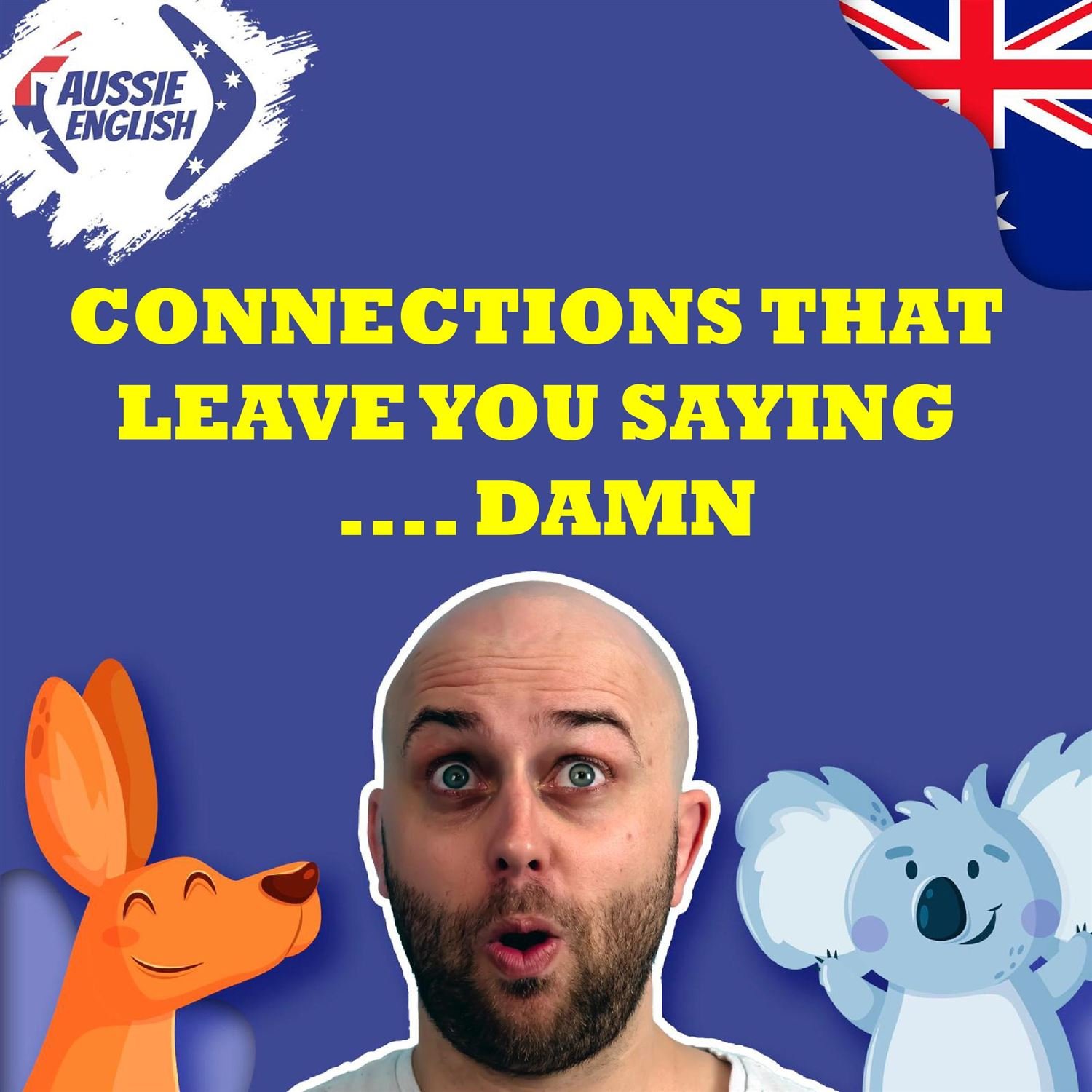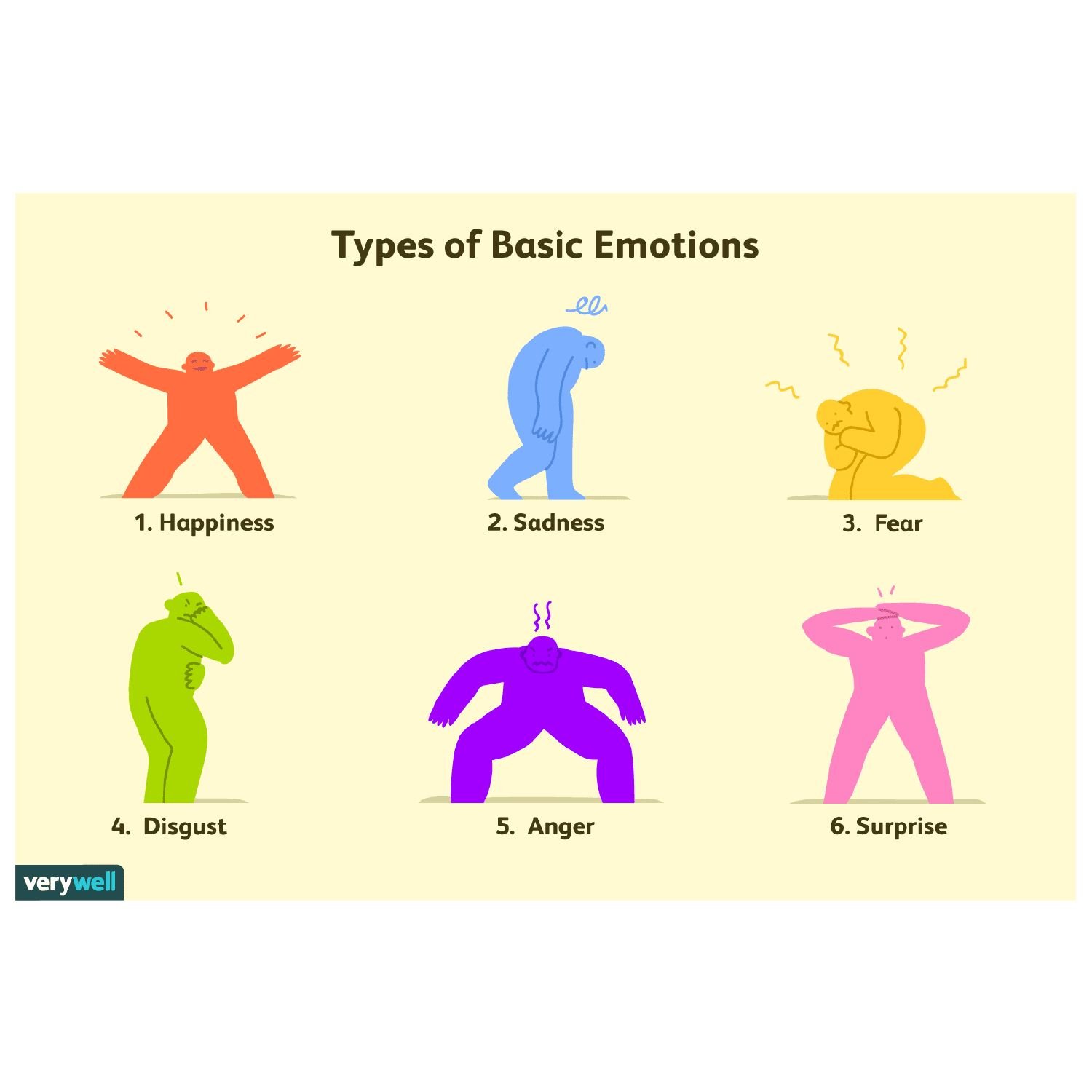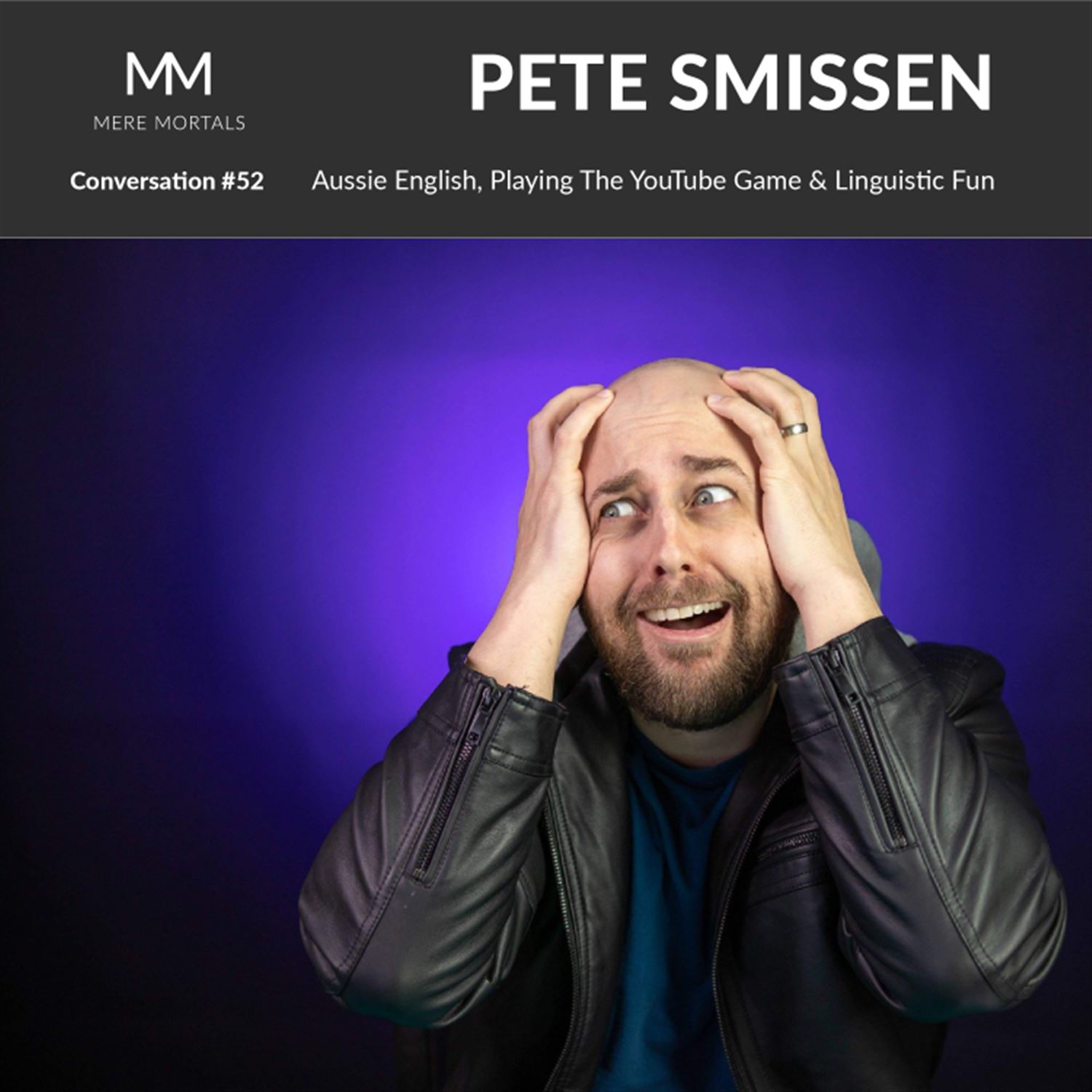In Ep #2 we take a look from this side of the mic. What does it feel like talking into the void as a new podcaster? The answer is a mix of relief and sadness. Relief because your crappy show is not being judged by the whole world, and sadness in that you’re not sure if what you are doing is worth anything at all. I’ve taken a snippet from a recent convo I had with Pete Smissen from the Aussie English podcast and he helps explain why a simple email can actually make a huge difference.
Value 4 Value Support:
Boostagram: https://www.meremortalspodcast.com/support
Paypal: https://www.paypal.com/paypalme/meremortalspodcast
Connect With Kyrin/Mere Mortals:
Website: https://www.meremortalspodcast.com/
Discord: https://discord.gg/jjfq9eGReU
Twitter/X: https://twitter.com/meremortalspods
Instagram: https://www.instagram.com/meremortalspodcasts/
TikTok: https://www.tiktok.com/@meremortalspodcasts
Value 4 Value Support:
Boostagram: https://www.meremortalspodcast.com/support
Paypal: https://www.paypal.com/paypalme/meremortalspodcast
Connect With Kyrin/Mere Mortals:
Website: https://www.meremortalspodcast.com/
Discord: https://discord.gg/jjfq9eGReU
Twitter/X: https://twitter.com/meremortalspods
Instagram: https://www.instagram.com/meremortalspodcasts/
TikTok: https://www.tiktok.com/@meremortalspodcasts
[00:00:00]
Unknown:
Welcome you beautiful, beautiful soul to episode two of the value for value podcast, we've done it, we've broken through the number two barrier, episode two, the bane of every podcaster. This is when you know that you're legit. My name is Kyrin, and I'm the host of the Mere Mortals podcast. And I am also diving into the world of the value for value model here. And today, I wanted to talk to you about more some of the things that occur on this side of the microphone. And so I'm really going to focus today on the feeling of talking to the void, and in particular connections that leave you saying dot dot, dot Damn. Now, this relates to delayed feedback and gratification. So one of the things with podcasting and I suppose creating anything and putting it out there into the world, it's very unlike a work situation, or sports or family, or a barbecue, or really anything social media, for the most part, you're going to be trapped in a room working and editing on your computer. And there is a necessary delay between these things between the creation, the proliferation, the consumption, and then the feedback. And unless you are doing it live, of course, that is a totally different ballgame.
Because then you as the listener, get to give that feedback, give that value back in a live sort of setting in the chat and whatnot. But today, we're going to be talking about the more standard practice of podcasting in particular. So, one of the things that happens is a podcast, especially when you're starting fresh for the first time. So I'm talking about the true independent creator, the true small guy, who, you know, they think, oh, you know what, I'm gonna start a podcast, I've got something to say, or this could be interesting, or for whatever reason, there's so many reasons that people start podcast. But when you do stuff the first time and you don't have any following at all, it really does feel like a void.
And this can be both an exhilarating and great thing and an absolutely soul crushing, disappointing thing. The first thing is, once you start you realize all those fears you have of man, I need to make this purchase because everyone's going to be listening, because you know, this is going out to the whole world, you realize, oh crap is really not going out to the whole world, this doesn't matter too much. Because no one is actually listening apart from your mom and your dad, and you know, the standard jokes that go on. The other thing, though, is no one's listening. So for a long time you are unless you hit it off real big, real quick, which is really, really unlikely, you're going to be struggling there. And this is where the delay gratification and even I guess motivation sort of comes in, you have to be have an alternate source as the independent as the Creator as the podcaster. To keep going because you're gonna get one month in, you're gonna get six months in, you could even get like one and I a year in a year and a half, before you really start gaining a little bit of traction, you might have a couple of consistent viewers and ways to connect with them. And so that connection is what really, really matters in this stage of it. Because you can't rely on your own internal motivation for forever, you do need some external motivation. Because just doing something because it really pleases you, is beautiful and great. But if you're really taking it seriously, and if you're really looking to, you know, make this a lifestyle, and in particular a lifestyle, which you do all of the time, then it's where you need to actually, you know, be creating something that is a value to other people. There's, I'm sure there's many, many podcasts out there, which are beautiful, they're wonderful for the person who's doing it, maybe it's a form of therapy, maybe it's getting their own thoughts out and ordering them and all that which is beautiful. But is that super helpful for other people? Maybe not. And maybe they're content with that. But this is for those people who are really trying to push on a little bit and get into the next level. So today, I'm going to play a clip for you from a recent conversation I had with Pete from the Aussie English podcast. And I really wanted to highlight this because he had a really good answer to a question I posed him. And so the question was, what's one of the most valuable interactions that you've had? What are some of the things that people have said to and that have given you an internal satisfaction that meaning that that value, I guess you would say, and so I'm gonna play the clip now. And yeah, we'll discuss more about what he said in the aftermath.
A lot of them end up I just end up developing friendships with because they'll email me they'll comment on things or chat to me on Instagram or on videos. And sometimes you just click and so some of our closest family friends now, Brazilians have moved to Australia, and they've messaged me on my wife, and we've got to know them. And then they're just like, can we hang out and do something you want to come over for a barbecue? And, yeah, those kinds of interactions are really special. Other ones where, you know, you'll hear about people, they'll send you emails, and they'll tell you, you know, I'm trying to come to Australia, and then a few years later, they'll be like, I'm here. Like, I did it, you know, those kinds of things. And you know, thanks for your podcast. It's really helped those kinds of things. really touching and you just like, shit, you don't really have an understanding of, of all of this going on in the background right of all these people doing their things their daily life, they you know, their wins their failures. And then sometimes they'll just email you and tell you about the wins, and you're just like, damn, there's two things that really jumped out at me from what Pete said just then. The first is notice that he said, the winds and the failures. And for me, I think this really indicates that it doesn't really matter where you as the audience member, the listener, the fan, have what you want to describe yourself, what sort of state you're in, doesn't matter so much more the fact that you're giving that value back, and that you're being able to tell the person, hey, this is something that I really got from your podcast. So it really can be saying, you know, I was in a really deep, dark place. And this helped me out from that, hey, that's fantastic. Or man, I'm doing really well. And this was a important note for me, et cetera, or, man, I'm experiencing this exact same thing that you're going through.
And, you know, I'm not really sure what to do. I'm in a similar place of loneliness, et cetera, et cetera. The most important thing is, I guess, being able to know that, hey, there is someone on the other side, because when you just receive silence, in return, when there's nothing going on, you automatically either assume no one's listening, or what you're saying doesn't matter. And it's not worth of anything to anyone. The second was the medium. So he mentioned two examples there one, which is a crazy story of how he randomly came across two Brazilians while in Canberra, and they'd been listening to him for years and years, and it was their first couple of days in Australia, and he was basically the first Australian they'd met.
Wow, that's incredible. That's a sort of once in a lifetime occurrence. But the other one is as simple as an email, you know, it's rather impersonal, you can't hear the person's voice or see them or that sort of thing. But you still can get these amazing connections of, of hearing of someone going through something as crazy as completely moving a country and whatnot. So I think both are really, really good. And I would just say, an add to that, you know, within reason, if you're in a really bad state, and maybe dumping your whole life story on to someone isn't the best idea. And then also, on the other end, if you're super excited, and emotional, and just sending a barrage of of communication without really thinking about it a real one way communication, that's not so great, either. But I think both of those were important points that should be gained from this. I'll talk a little bit later about how I like to connect with podcasters, and maybe even my most favored and cherished interaction that I've got so far. But I just want to leave with an encouragement to write a message, send an audio or maybe even do something a little bit beyond the pale, to reach out to one of your favorite podcasters, whether they're big or small. In the smallest case, it does seem to matter a lot more because when it's your first thing coming in, or you know, one that you only receive once a month, or once a year, hey, that's a fantastic message. But even the big people like Pete, who gets numerous, numerous messages and emails a day, he still has the time and the appreciation for these sorts of things. So that's just my little bit of such a suggestion and advice for today. And something that I can ask for you from the listener, if you've gotten to this point, to do that, reach out to someone and say, Hey, I really enjoyed this, or, Hey, I didn't enjoy this, maybe even some constructive feedback is always nice as well. So that's it for today on the value for value podcast. Thank you for joining me to this point. Once again, if you're listening on a podcasting 2.0 app, that's probably the best place as you get some of the things like the chapters and whatnot in there. And one I can just suggest to you is fountain I've really jumped onto that recently and the clipping feature, combined with the ability to sensitize us to my favorite podcasters has been really, really great. I've really enjoyed that. And in terms of just slickness of the app is just been really nice. So if you're looking for one, there's a suggestion fountain.
Other than that, I hope you're having a fantastic day wherever you are in the world. Kyrin out
Welcome you beautiful, beautiful soul to episode two of the value for value podcast, we've done it, we've broken through the number two barrier, episode two, the bane of every podcaster. This is when you know that you're legit. My name is Kyrin, and I'm the host of the Mere Mortals podcast. And I am also diving into the world of the value for value model here. And today, I wanted to talk to you about more some of the things that occur on this side of the microphone. And so I'm really going to focus today on the feeling of talking to the void, and in particular connections that leave you saying dot dot, dot Damn. Now, this relates to delayed feedback and gratification. So one of the things with podcasting and I suppose creating anything and putting it out there into the world, it's very unlike a work situation, or sports or family, or a barbecue, or really anything social media, for the most part, you're going to be trapped in a room working and editing on your computer. And there is a necessary delay between these things between the creation, the proliferation, the consumption, and then the feedback. And unless you are doing it live, of course, that is a totally different ballgame.
Because then you as the listener, get to give that feedback, give that value back in a live sort of setting in the chat and whatnot. But today, we're going to be talking about the more standard practice of podcasting in particular. So, one of the things that happens is a podcast, especially when you're starting fresh for the first time. So I'm talking about the true independent creator, the true small guy, who, you know, they think, oh, you know what, I'm gonna start a podcast, I've got something to say, or this could be interesting, or for whatever reason, there's so many reasons that people start podcast. But when you do stuff the first time and you don't have any following at all, it really does feel like a void.
And this can be both an exhilarating and great thing and an absolutely soul crushing, disappointing thing. The first thing is, once you start you realize all those fears you have of man, I need to make this purchase because everyone's going to be listening, because you know, this is going out to the whole world, you realize, oh crap is really not going out to the whole world, this doesn't matter too much. Because no one is actually listening apart from your mom and your dad, and you know, the standard jokes that go on. The other thing, though, is no one's listening. So for a long time you are unless you hit it off real big, real quick, which is really, really unlikely, you're going to be struggling there. And this is where the delay gratification and even I guess motivation sort of comes in, you have to be have an alternate source as the independent as the Creator as the podcaster. To keep going because you're gonna get one month in, you're gonna get six months in, you could even get like one and I a year in a year and a half, before you really start gaining a little bit of traction, you might have a couple of consistent viewers and ways to connect with them. And so that connection is what really, really matters in this stage of it. Because you can't rely on your own internal motivation for forever, you do need some external motivation. Because just doing something because it really pleases you, is beautiful and great. But if you're really taking it seriously, and if you're really looking to, you know, make this a lifestyle, and in particular a lifestyle, which you do all of the time, then it's where you need to actually, you know, be creating something that is a value to other people. There's, I'm sure there's many, many podcasts out there, which are beautiful, they're wonderful for the person who's doing it, maybe it's a form of therapy, maybe it's getting their own thoughts out and ordering them and all that which is beautiful. But is that super helpful for other people? Maybe not. And maybe they're content with that. But this is for those people who are really trying to push on a little bit and get into the next level. So today, I'm going to play a clip for you from a recent conversation I had with Pete from the Aussie English podcast. And I really wanted to highlight this because he had a really good answer to a question I posed him. And so the question was, what's one of the most valuable interactions that you've had? What are some of the things that people have said to and that have given you an internal satisfaction that meaning that that value, I guess you would say, and so I'm gonna play the clip now. And yeah, we'll discuss more about what he said in the aftermath.
A lot of them end up I just end up developing friendships with because they'll email me they'll comment on things or chat to me on Instagram or on videos. And sometimes you just click and so some of our closest family friends now, Brazilians have moved to Australia, and they've messaged me on my wife, and we've got to know them. And then they're just like, can we hang out and do something you want to come over for a barbecue? And, yeah, those kinds of interactions are really special. Other ones where, you know, you'll hear about people, they'll send you emails, and they'll tell you, you know, I'm trying to come to Australia, and then a few years later, they'll be like, I'm here. Like, I did it, you know, those kinds of things. And you know, thanks for your podcast. It's really helped those kinds of things. really touching and you just like, shit, you don't really have an understanding of, of all of this going on in the background right of all these people doing their things their daily life, they you know, their wins their failures. And then sometimes they'll just email you and tell you about the wins, and you're just like, damn, there's two things that really jumped out at me from what Pete said just then. The first is notice that he said, the winds and the failures. And for me, I think this really indicates that it doesn't really matter where you as the audience member, the listener, the fan, have what you want to describe yourself, what sort of state you're in, doesn't matter so much more the fact that you're giving that value back, and that you're being able to tell the person, hey, this is something that I really got from your podcast. So it really can be saying, you know, I was in a really deep, dark place. And this helped me out from that, hey, that's fantastic. Or man, I'm doing really well. And this was a important note for me, et cetera, or, man, I'm experiencing this exact same thing that you're going through.
And, you know, I'm not really sure what to do. I'm in a similar place of loneliness, et cetera, et cetera. The most important thing is, I guess, being able to know that, hey, there is someone on the other side, because when you just receive silence, in return, when there's nothing going on, you automatically either assume no one's listening, or what you're saying doesn't matter. And it's not worth of anything to anyone. The second was the medium. So he mentioned two examples there one, which is a crazy story of how he randomly came across two Brazilians while in Canberra, and they'd been listening to him for years and years, and it was their first couple of days in Australia, and he was basically the first Australian they'd met.
Wow, that's incredible. That's a sort of once in a lifetime occurrence. But the other one is as simple as an email, you know, it's rather impersonal, you can't hear the person's voice or see them or that sort of thing. But you still can get these amazing connections of, of hearing of someone going through something as crazy as completely moving a country and whatnot. So I think both are really, really good. And I would just say, an add to that, you know, within reason, if you're in a really bad state, and maybe dumping your whole life story on to someone isn't the best idea. And then also, on the other end, if you're super excited, and emotional, and just sending a barrage of of communication without really thinking about it a real one way communication, that's not so great, either. But I think both of those were important points that should be gained from this. I'll talk a little bit later about how I like to connect with podcasters, and maybe even my most favored and cherished interaction that I've got so far. But I just want to leave with an encouragement to write a message, send an audio or maybe even do something a little bit beyond the pale, to reach out to one of your favorite podcasters, whether they're big or small. In the smallest case, it does seem to matter a lot more because when it's your first thing coming in, or you know, one that you only receive once a month, or once a year, hey, that's a fantastic message. But even the big people like Pete, who gets numerous, numerous messages and emails a day, he still has the time and the appreciation for these sorts of things. So that's just my little bit of such a suggestion and advice for today. And something that I can ask for you from the listener, if you've gotten to this point, to do that, reach out to someone and say, Hey, I really enjoyed this, or, Hey, I didn't enjoy this, maybe even some constructive feedback is always nice as well. So that's it for today on the value for value podcast. Thank you for joining me to this point. Once again, if you're listening on a podcasting 2.0 app, that's probably the best place as you get some of the things like the chapters and whatnot in there. And one I can just suggest to you is fountain I've really jumped onto that recently and the clipping feature, combined with the ability to sensitize us to my favorite podcasters has been really, really great. I've really enjoyed that. And in terms of just slickness of the app is just been really nice. So if you're looking for one, there's a suggestion fountain.
Other than that, I hope you're having a fantastic day wherever you are in the world. Kyrin out


2.jpg)


